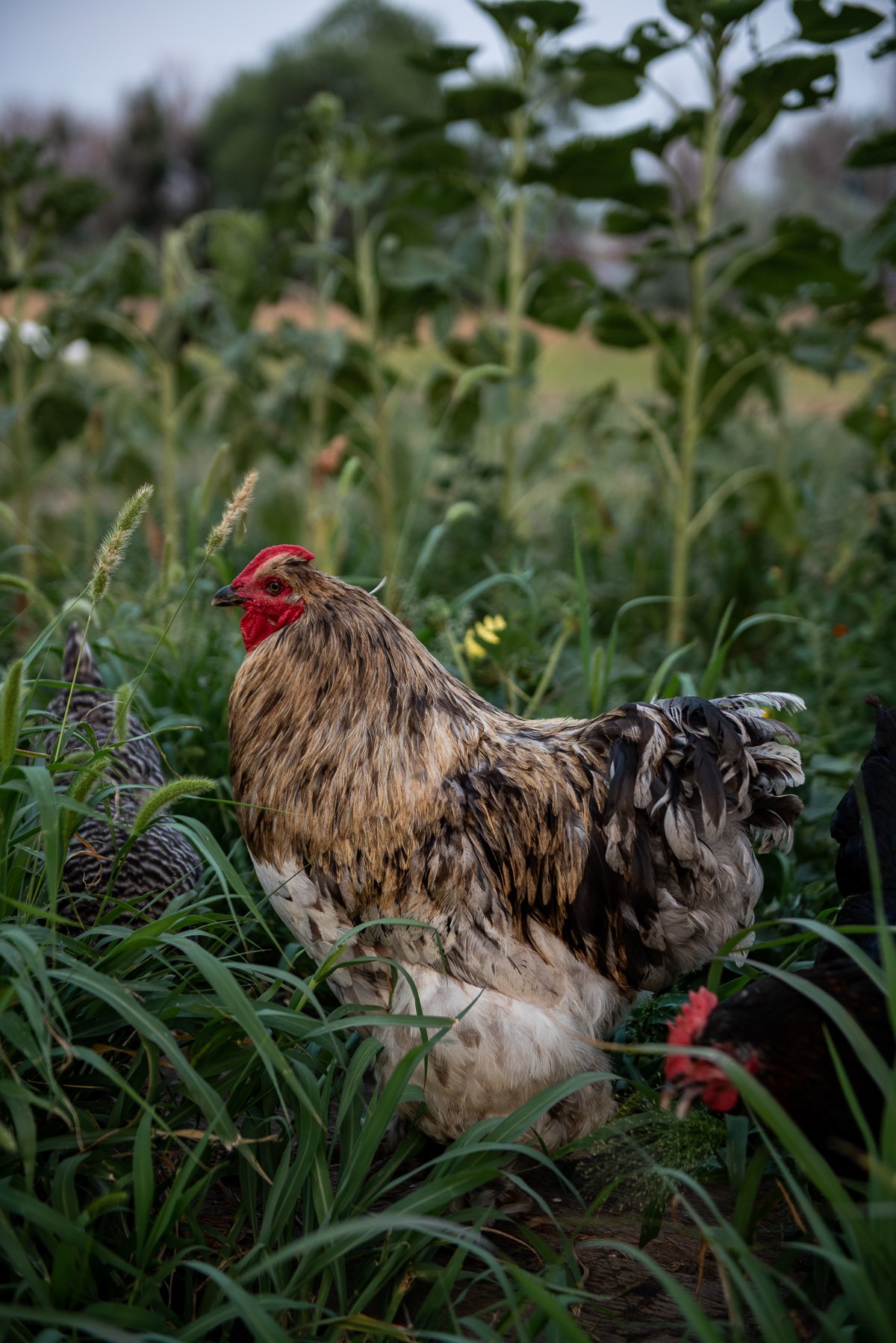5 Things You Should Know About Keeping a Rooster
Roosters can be fascinating and valuable additions to your flock. They offer protection, maintain order, and provide an early wake-up call. However, there are some key aspects to consider before adding a rooster to your coop. Here’s what you need to know:
Roosters Crow All Day
Most people associate rooster crowing with the early morning hours, but roosters can crow throughout the day. They crow to establish their territory, communicate with their flock, and respond to changes in their environment. Expect to hear crowing not only at dawn but also throughout the day, especially if they sense a disturbance or are asserting their dominance. This continuous crowing can be louder and more frequent than you might expect.
Roosters Can Be Aggressive, Even When Friendly
Even the most docile rooster can become aggressive if he feels his flock is threatened. Roosters are naturally protective and territorial, so it’s important to approach them with caution. This is afterall one of the biggest advantages of having a rooster—flock protection. However it is best to avoid turning your back on a rooster as you should keep your eyes on him at all times. Please also supervise children around roosters at ALL times. They are smaller and tend to have unpredictable movements which may trigger a rooster. They might not also understand that a rooster can show signs of aggression, and roosters may view a child as a threat. By remaining mindful of their behavior and approaching them with respect, you can minimize the risk of unexpected aggression and maintain a safe environment for both you and your flock.
Our fluff ball Big Poppa recognizes me as his keeper
Poppa is a well respected member of the flock
Roosters Recognize Faces and Are Wary of Strangers
Chickens, including roosters, have the ability to recognize faces. Your rooster will likely identify and respond to you as the primary caretaker. However, he may be wary of strangers. This means that if you need someone else to look after your chickens, it’s important to introduce them slowly and carefully. Allow your rooster to become familiar with new people to avoid any stress or defensive behavior. Make anyone who will be caring for your chickens aware that you keep a rooster, and it is best to not approach them and to maintain a safe distance.
Roosters Mate Frequently, So Ensure a Sufficient Number of Hens
Roosters are known for their high mating frequency, sometimes up to 11 times a day. To keep your flock balanced and healthy, it’s essential to have an adequate number of hens. A common guideline is to have around ten hens per rooster, and I would suggest that as a minimum. I honestly would recommend at least a dozen. Having too few hens can lead to over-mating issues, especially if some hens are broody and remain in the coop or raise chicks in a different coop. We started out with seven chickens and when 3 ended up roosters, we had to cull down to one rooster. He is still our only rooster and for a time, we only had 4 hens which was not even close to enough. We quickly grew our flock so that the lovin would be more spread out. Properly managing the hen-to-rooster ratio helps maintain harmony within your flock and prevents stress.
Poppa has a harem of 12 to spread his loving around
A gentle giant
Roosters Have Favorite Hens and May Over-Mate Them
Roosters often develop preferences for certain hens, leading to over-mating and potential feather loss. Even with a dozen hens, a rooster may focus his attention on a few favorites. This can result in some hens being excessively mated, while others are less affected. Observing your flock and addressing any imbalances in mating behavior can help ensure all hens are treated fairly and maintain their health and comfort. This never really seems to bother my chosen hens and since they spend so much time free-ranging, I have to believe they could avoid him if they wanted.
By understanding these key aspects of rooster behavior, you can better manage your flock and enjoy the benefits a rooster brings. We love our giant fluff ball Big Poppa, but we treat him with the respect he deserves as our flock’s protector. The kids are very aware of his whereabouts, and know to keep their distance. We have dealt with over aggressive roosters in the past, and ended up culling them as it was too risky to have them free range with my kids around. Now we feel comfortable enough with Big Poppa, but we will still always be mindful of his presence. With careful attention and preparation, your rooster can thrive as a valuable and engaging member of your chicken family.




